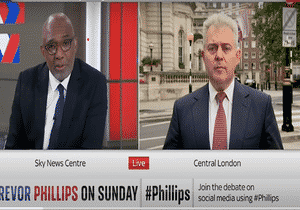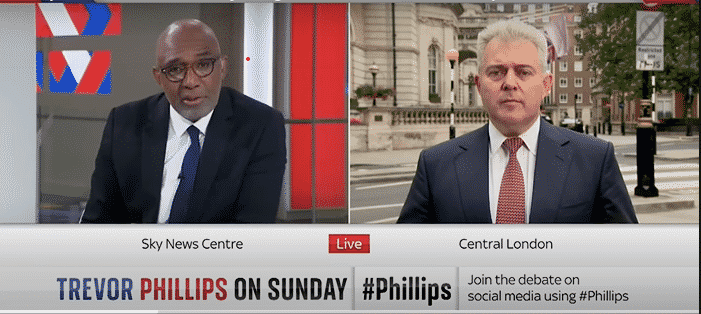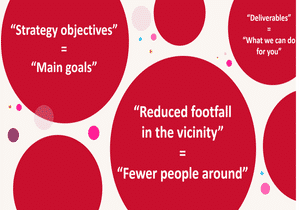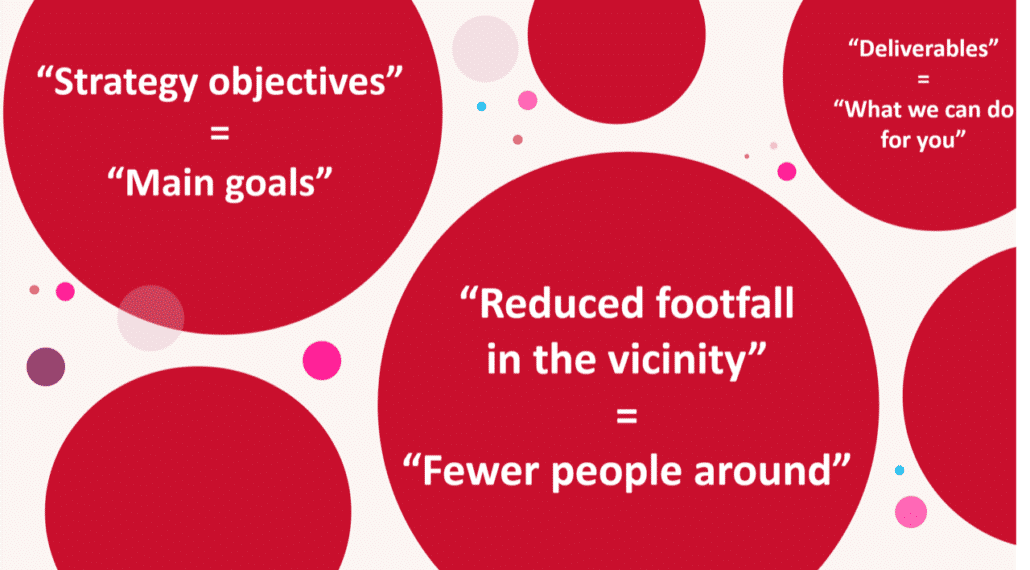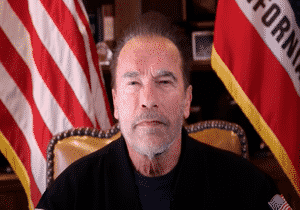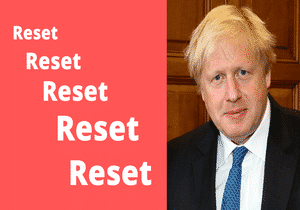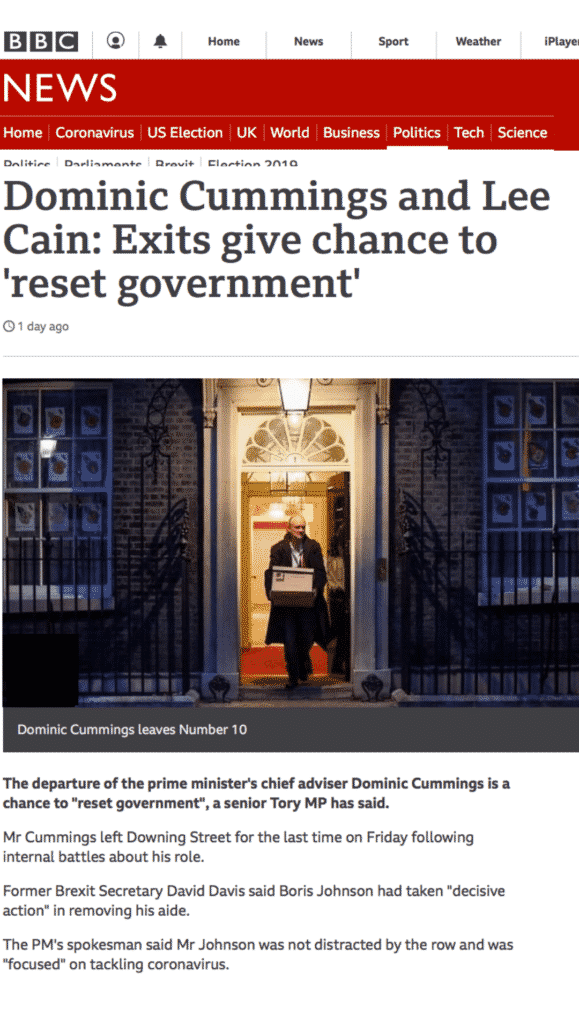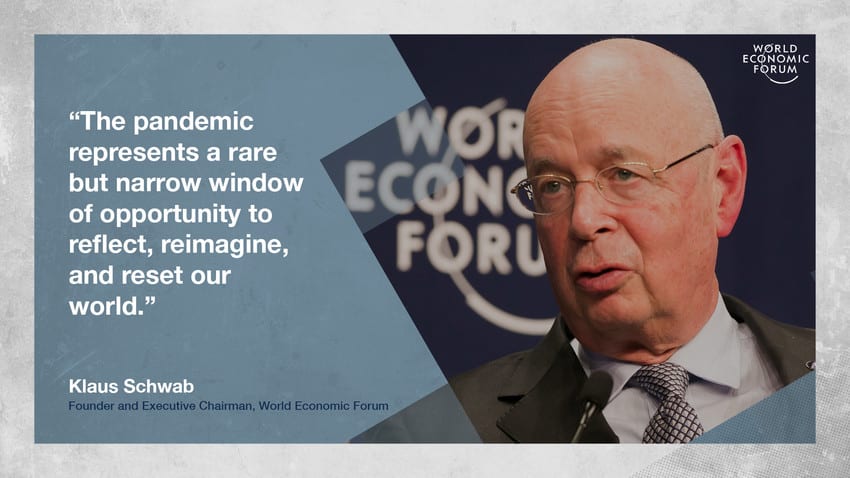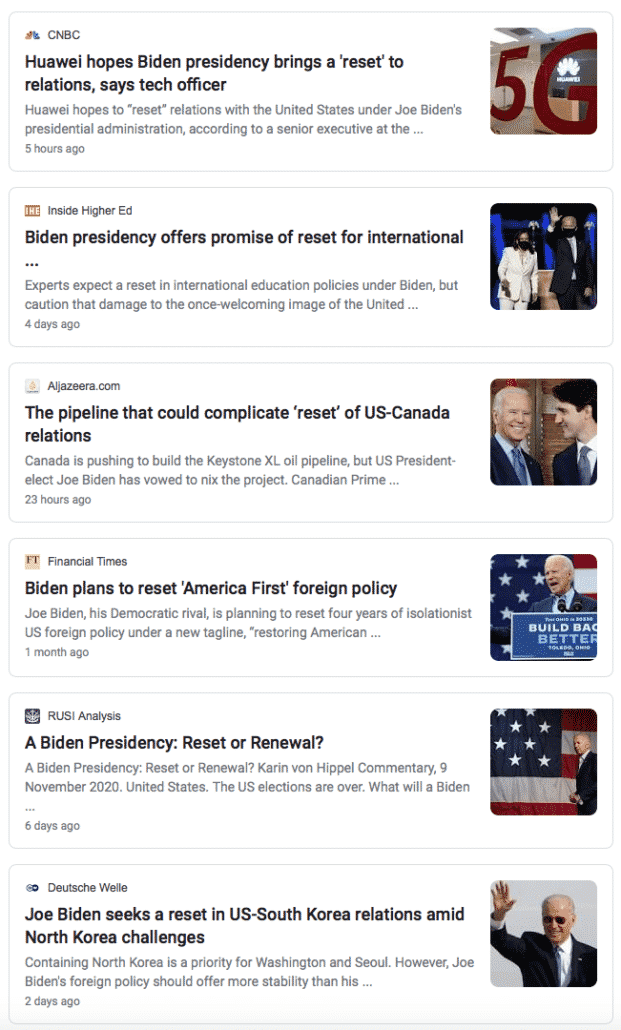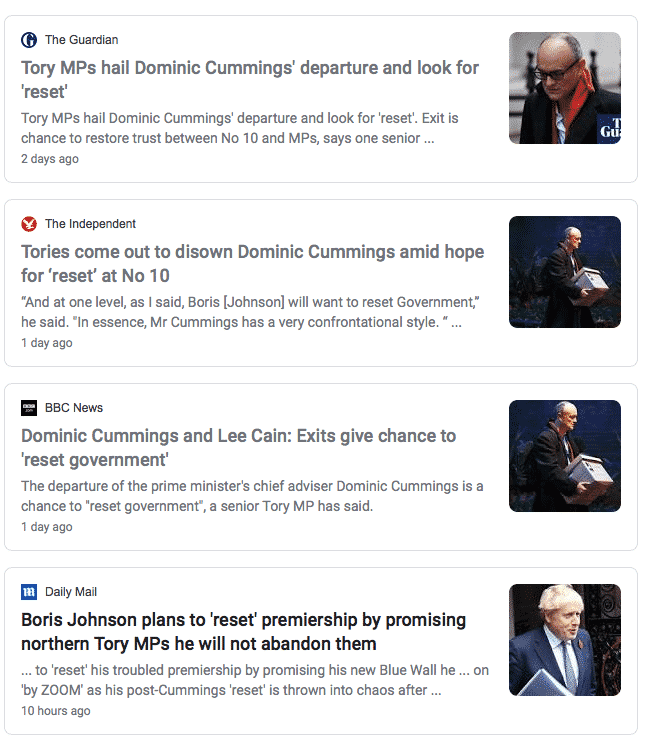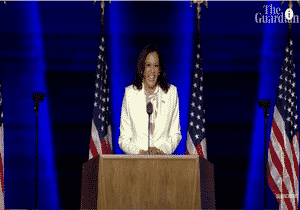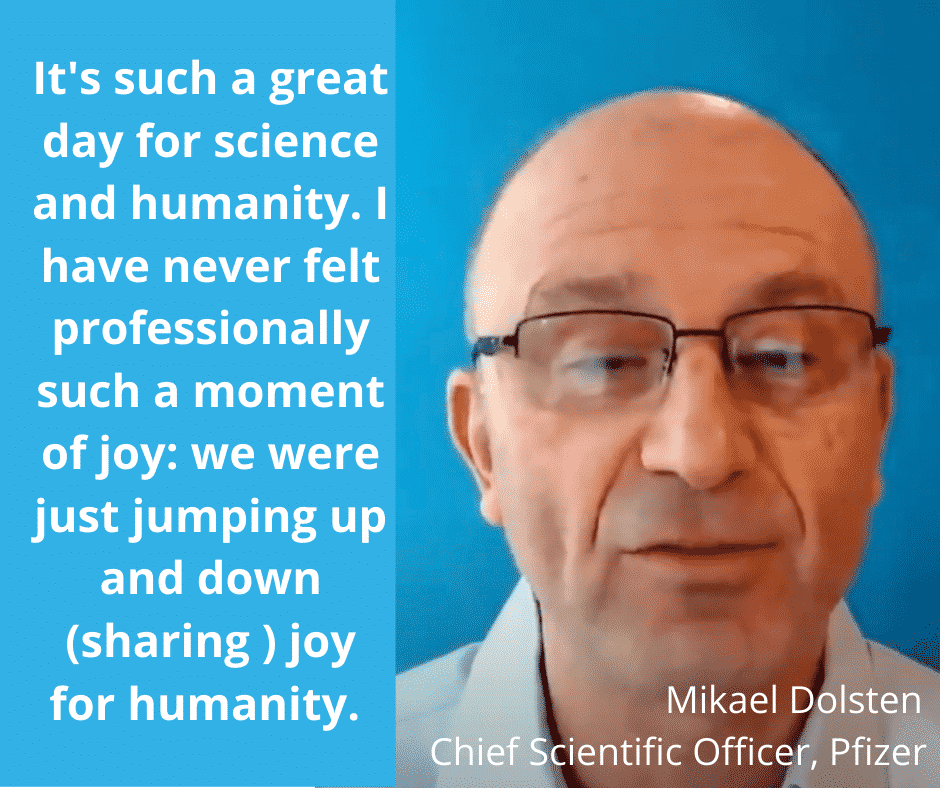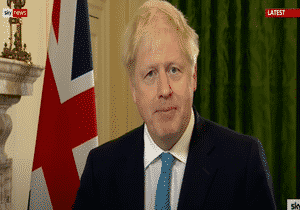When worlds collide: personal questions in public interviews
Being asked questions on TV or radio is daunting. You’re on show, after all, with an audience witnessing every factual inaccuracy, lack of knowledge, or inability to answer.
The problem is exacerbated when your interviewer introduces something which is usually kept private into the mix. That’s when public and personal worlds collide; a combination of data which is out there and accessible to everyone, together with information known only to a few individuals.
Never more was this evident than last weekend, when Sky News anchorman Trevor Phillips was interviewing Northern Ireland secretary, Brandon Lewis, following the resignation of former health secretary Matt Hancock, after the latter had been photographed breaching the very social distancing guidelines he himself had been promoting.
Cleverly constructed and powerfully put, Phillips’ question bears repeating here in full:
“Mr Lewis, I wouldn’t normally do something like this – but I want to put a private… a personal question, I guess, to you. Over the past two days, every cabinet minister – including you – has come out essentially to defend the Prime Minister and Matt Hancock.
“The pictures that we saw were of an encounter on 6 May.
“On 11 May, my family buried my daughter who had died, not of Covid, but during the lockdown.
“Three hundred of our family and friends turned up online. But most of them were not allowed to be at the graveside, even though it was in the open air, because of the rule of 30. Because of the instruction by Mr Hancock.
“Now the next time one of you tells me what to do in my private life … explain to me why I shouldn’t just tell you where to get off?”
It would take a heart of stone not to be touched by Trevor Phillips’ story. He had been prepared to reveal information about the death of a member of his family in a public forum; about someone younger than him – his daughter – and only a few weeks ago. Such an intervention cried out for a sensitive and sympathetic response.
But Brandon Lewis’ answer – which can be seen and heard below – gave no indication that the question had touched him. He appeared to be so focussed on defending the former health secretary and the government that he didn’t even take the time to offer the interviewer condolences on his loss.
The only way to answer a question like this is to ensure that you reflect the circumstances of the question in the response. Something along the lines of:
“Well, first of all, Trevor, I want to extend my sympathy to you for your recent loss. That must have been truly devastating, and I can only say how sorry I am for you and your family. But, in fact, this discussion only serves to illustrate just how important these social distancing rules are. What Matt did was wrong, he’s admitted that, and that’s why he’s out of a job.”
In fact, Phillips’ question was simply a more powerful version of those which start ‘What would you say to someone who…’, or ‘how would you react if someone said…’ but have the even more powerful impact of using the interviewer’s personal circumstances as an example.
So, if ever you’re faced with a question that turns personal, remember these three simple steps. Firstly – and crucially – acknowledge the question, then move on using a bridging word or phrase (as we teach in our media skills courses), followed by a key message.
In this case, that’s to say that in these exceptionally trying times of a global pandemic, most people have done the right thing. But those that have done the wrong thing – and that includes cabinet secretaries – don’t provide a licence for others to follow suit.

